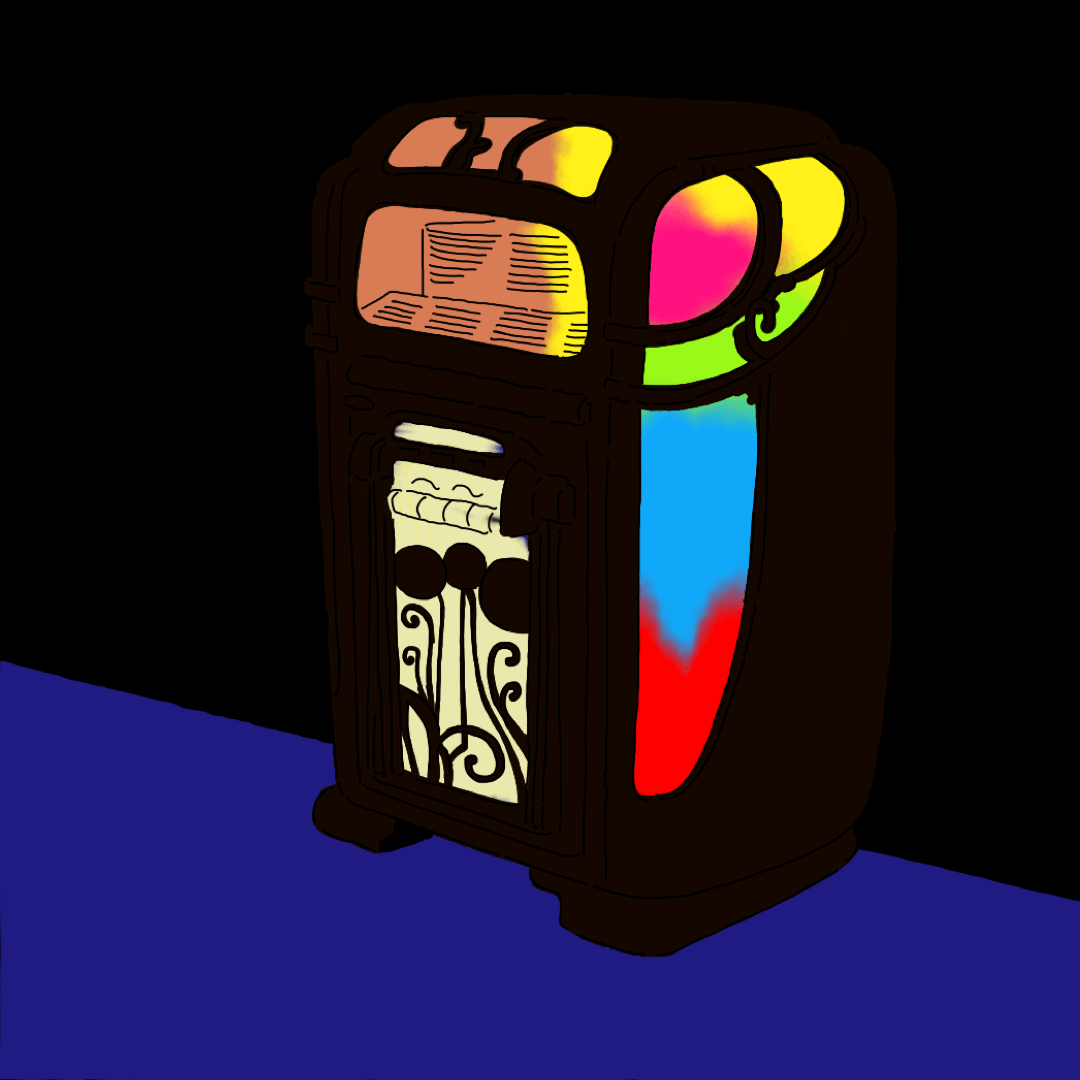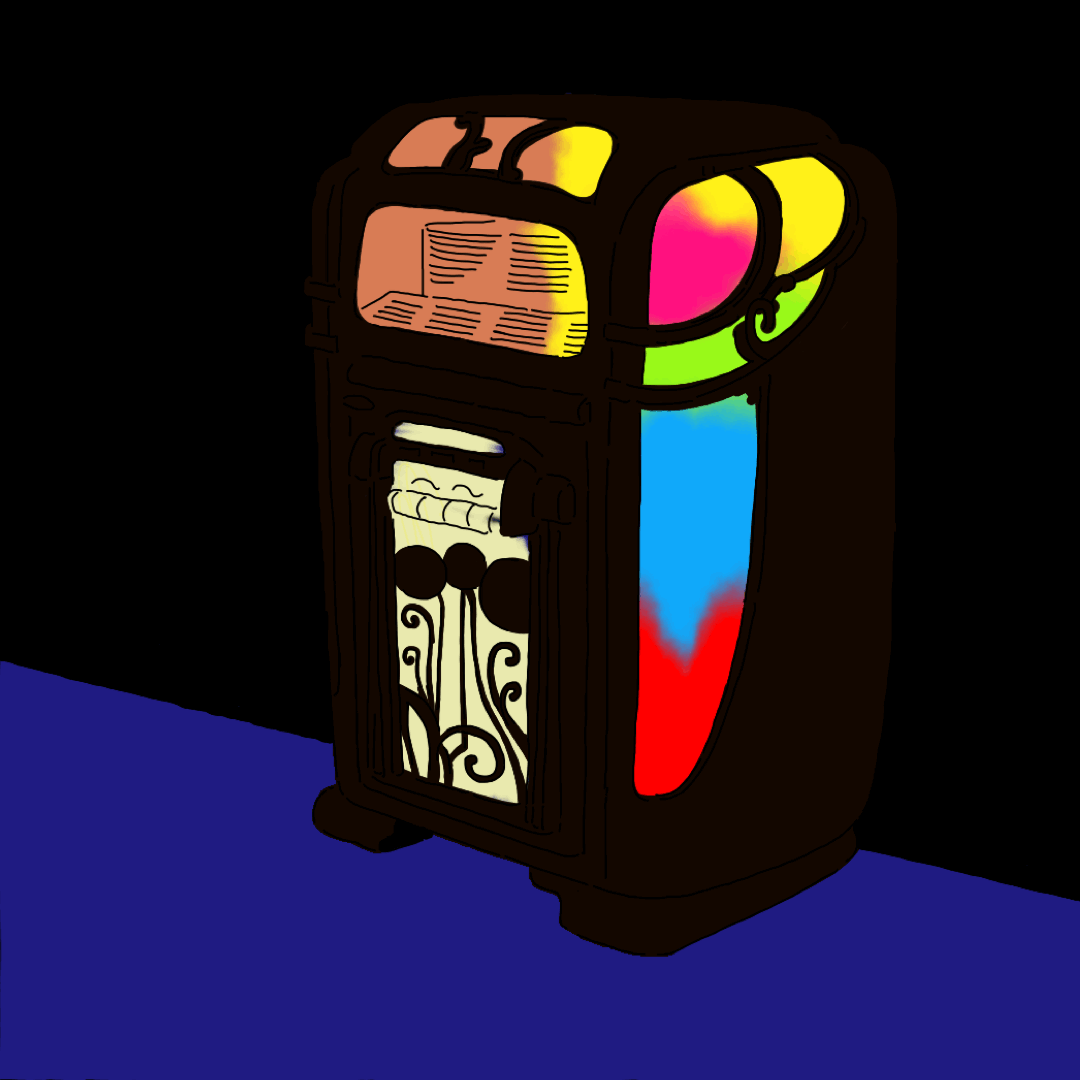David Rabinovitch, a 73-year-old Emmy Award-winning investigative journalist and filmmaker, grew up in the Canadian town of Morden, Manitoba—79 miles southwest of Winnipeg, close to the U.S. border. He knew that his father, Milton, had an older brother named Wolfe, who later changed his name to William “Bill” Rabin. He also knew that Uncle Wolfe was considered the “black sheep” of the family, though the exact reason and details were hazy.
One day in 1997, as Rabinovitch was cleaning up a building owned by his family in Morden that recently had been sold, he came across an old strongbox. Inside was a black-and-white photograph of his father and Wolfe when they were younger. As Rabinovitch relates on his website, in the picture, Wolfe is counting a wad of money. Rabinovitch, who had no memory of ever meeting his uncle, asked his father about the photo; his father suggested he look more closely at the money Wolfe was counting. Upon further inspection, Rabinovitch saw that the cash was $1,000 bills. “Where did that money come from?” he asked his father, and was told that Wolfe had made a fortune in the jukebox business. He pressed his father for additional information, but all he would tell him was that Wolfe “had made and lost a million, four times over.”
In his new book about his uncle’s controversial life, Jukebox Empire: The Mob and the Dark Side of the American Dream, Rabinovitch notes that there was also other material his father had saved, which he calls an “eclectic collection of documents, mementos … [an] odd array of things stored in files, shoeboxes, and cigar boxes [that] yielded scraps of evidence from Wolfe’s life.” He eventually supplemented this with more than 10 years of research into newspapers, court transcripts, and most importantly, FBI and CIA files (including wiretap transcriptions that allowed him to recreate private conversations), many of which were only released in 2017 and 2018. The name William Rabin, aka Wolfe Rabinovitch, “appeared in dozens of files … [dealing with] money laundering, gunrunning, and other schemes,” he writes. “My investigation would reveal his world and a tale of jukeboxes … and organized crime. Wolfe was our family’s deep dark secret.”
Rabinovitch was drawn to the “myth and lore” that engulfed his uncle’s story. “Rumors were that he had made a fortune and lost it,” he writes. “He invented the car radio. He was a wartime profiteer. He designed the first jet-age jukebox. He was an international bonds trader. Wolfe and his sexy wife Trudy were a glamorous couple.”
Jukebox Empire is Rabinovitch’s first book. His long career as a journalist began when he was still a teenager, when he wrote a column for the weekly Morden Times. His family had relocated to Winnipeg when David was 10 years old, yet his father had maintained their business in the rural community for decades, so David still spent a great deal of time there. He attended the University of Manitoba for one year before pursuing a degree in political science from York University in Toronto. By then, he had found his true calling producing and writing radio documentaries for CBC Radio. In time, he transitioned to television and moved to CBC’s chief rival CTV as the producer of its new morning TV show, Canada A.M. He later returned to CBC and produced and directed its popular television newsmagazine series Take 30, starring Adrienne Clarkson, who would serve as Canada’s governor general from 1999 to 2005.
Like many Canadians in the media business, Rabinovitch eventually relocated to the U.S.; in his case, to Los Angeles. He landed a job producing the CBS magazine television show Here & Now and won an Emmy. Starting in 1978, he produced and wrote numerous documentaries, working independently, as well as for KRON-TV in San Francisco and PBS in Seattle. Among the most notable documentaries he has been involved with are: Politics of Poison (1982), which exposed cancer and birth defects resulting from the use of Agent Orange in California (Al Gore, then a congressman, was sufficiently impressed that he invited Rabinovitch to screen the film for a congressional committee and provide witnesses for a hearing); Stranded Yanks (2002) about 9/11; The Perilous Fight: America’s World War II—in Color (2003); Perfect Illusions: Eating Disorders and the Family (2003); and Secret Files of the Inquisition (2006), a four-part series about the Spanish Inquisition.
His uncle Wolfe was always at the back of his mind, however. In 1972, based on what he then knew of his uncle’s life, he had written a film treatment about his escapades, though nothing ever came of the idea. Later, he decided that chronicling the story in a book was the best option.
David Rabinovitch’s grandfather—also named David but known in Morden as “Doc” for selling alcoholic patent medicines in a “dry” town—came to Canada at the age of 23 from a shtetl near Kyiv, then located within the vast Russian Empire. He wound up in Morden, where he first bought and sold grain and then, like other Jewish immigrants, operated a general store. It took him six years to amass sufficient funds to bring his wife,Leah, and their two daughters from the old country to western Canada. Tragically, within a brief time of her arrival, Leah died of typhoid fever. Left with two young children, Doc remarried, and he and his second wife, Sonia, eventually had seven children. Wolfe was their fourth and Milton, Rabinovitch’s father, was their fifth. They were the only Jewish family in the town—another typical experience for Jews who resided in rural Canada. As Rabinovitch notes, when he was growing up, Morden was a town (officially designated a city as of 2012) of about 3,000 people with 22 churches. “I was the only Jewish kid, but I went to high Anglican Latin mass and Sunday School,” he told me in a recent interview.
By the time Wolfe was a teenager, he was getting into trouble. For a time, he delivered Canadian booze to bootleggers—Morden’s close proximity to the U.S. border made it and other similar towns ideal spots for liquor warehouses when American Prohibition was in effect (1920-33)—who, in turn, transported it into the U.S. This was legal on the Canadian side of the border, yet those involved in the trade, like Wolfe, became entangled with some nefarious characters. One time, David’s father told him that the car Wolfe was using for his deliveries had a bullet hole in the fender.
Though Wolfe attended the University of Manitoba and graduated from the School of Pharmacy, he was too ambitious to spend his life dispensing medication in rural Manitoba or elsewhere. He was after what Rabinovitch calls the “big score.” Like many other Jewish immigrants on the Lower East Side and other locales in North America, Wolfe, soon to be William Rabin, wanted to be rich.
His uncle, Rabinovitch said in a recent interview with the Winkler Morden Voice newspaper, “was one of those people who was really looking to have more ... so the people he went into business with were very seductive ... money was no object … He had the nerve and the vision to do these things ... so you’ve got a vision that was a little twisted, and it was very seductive.”
Rabin landed in Chicago in 1929 and embarked on a career as an inventor with an interest in radio and television, which was still in its infancy, as well as the enormously profitable jukebox business. By 1947, as Rabinovitch notes in his book, “the jukebox empire rakes in nickels, dimes, and quarters to the tune of more than $10 million a week.” But nothing with Rabin’s life was straightforward. He became involved in a bitter legal dispute with David Rockola, the jukebox pioneer, who curiously enough was also born in Manitoba, in the town of Virden, 170 miles northwest of Morden. His Rock-Ola jukeboxes dominated the industry for many years.
Rabin’s big mistake was going into business with mobsters after WWII, when organized crime took a keen interest in the lucrative jukeboxes. In an attempt to outmaneuver Rockola, Rabin obtained financing from a Pittsburgh racketeer named Sam Mannarino. “Once the mob has a piece of your soul,” Rabinovitch writes, “it is like a mortgage that can never be paid.”
Eventually, Rabin became embroiled in a money-laundering scheme—linked to one of the largest bank robberies in North America at a bank in Brockville, Ontario, 71 miles south of Ottawa, in 1958. This took him to Zurich, where he dealt with Swiss banks and had a torrid affair with a close friend’s wife, a former beauty queen, the only living witness to these events, whom Rabinovitch tracked down and interviewed. Then he went to Cuba, prior to Fidel Castro’s overthrow of the reactionary government of Fulgencio Batista in 1959; he was ultimately ensnared into selling stolen bonds in a scheme to finance guns for both sides in the Cuban conflict. Before Rabin was caught by the FBI and sentenced to 10 years in prison (he served four years in a federal penitentiary), his onetime associate Mannarino and his gangster brother put out a “hit” on him fearing that Rabin would talk too much to federal agents. Unbeknownst to Rabin, however, the assassination was delayed. The reason: The “hit-man” was Jewish and liked Rabin, and the contract eventually was canceled.
There is no disputing that Rabin was a bit of a crook—he knew the bonds he was selling had been stolen—and he became involved with the wrong people. But he was not a Jewish gangster like Big Jack Zelig, Waxey Gordon, and Louis “Lepke” Buchalter, among others, true career criminals who terrorized New York’s Lower East Side during the early 20th century. After spending so many years tracking his uncle’s story, David Rabinovitch likewise regards Wolfe more as a “charming” con man than hard-nosed mobster.
“He had real ability. He certainly wasn’t a thug or a violent person,” Rabinovitch told me. Wolfe died in 1967 and according to what Rabinovitch has learned since his book was published, he was most likely interred in a Jewish cemetery in Chicago. After years of researching his uncle, Rabinovitch adds on his website, “I came to see him as a rogue, but not a villain.”
Historian and writer Allan Levine’s most recent book is Details Are Unprintable: Wayne Lonergan and the Sensational Café Society Murder.

